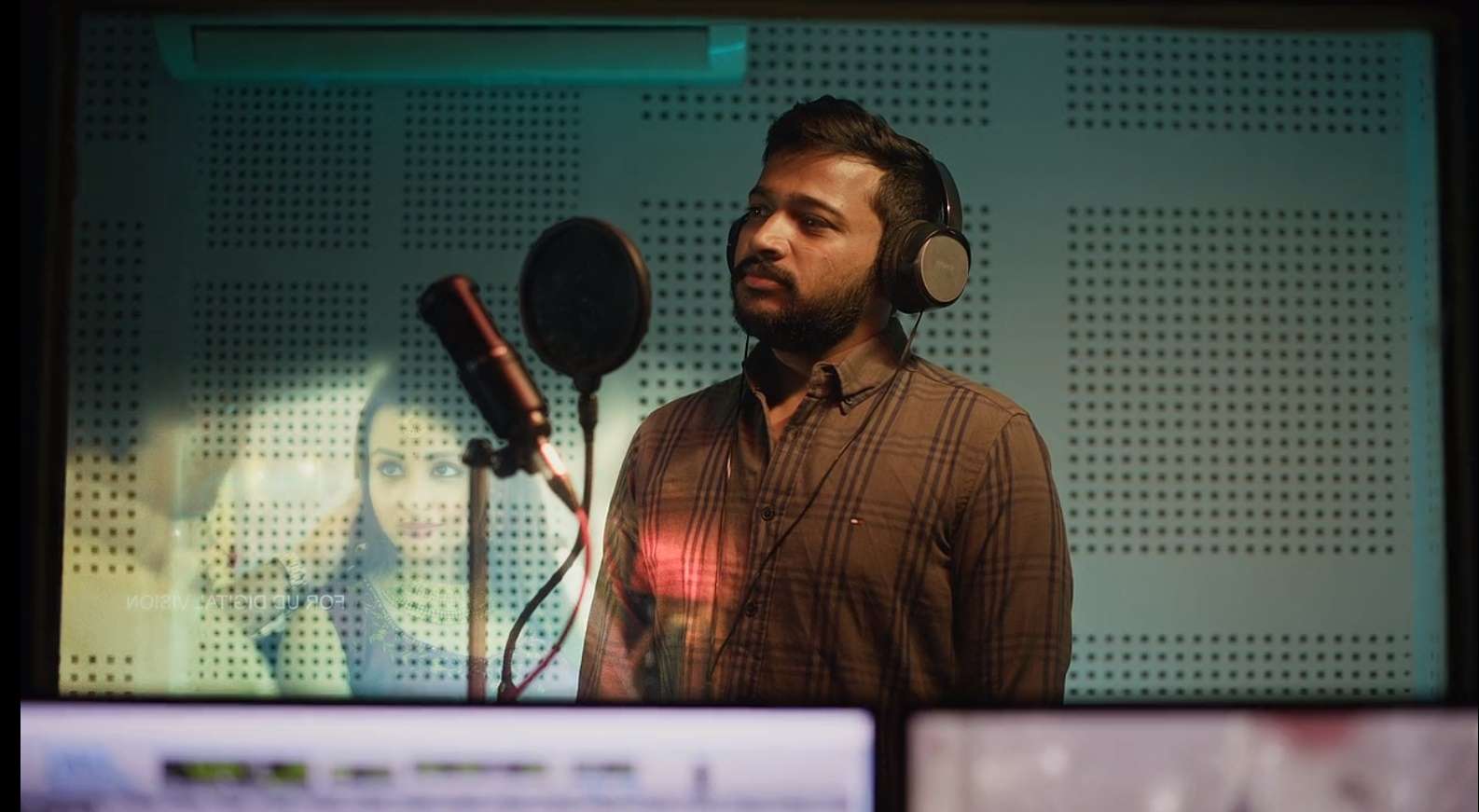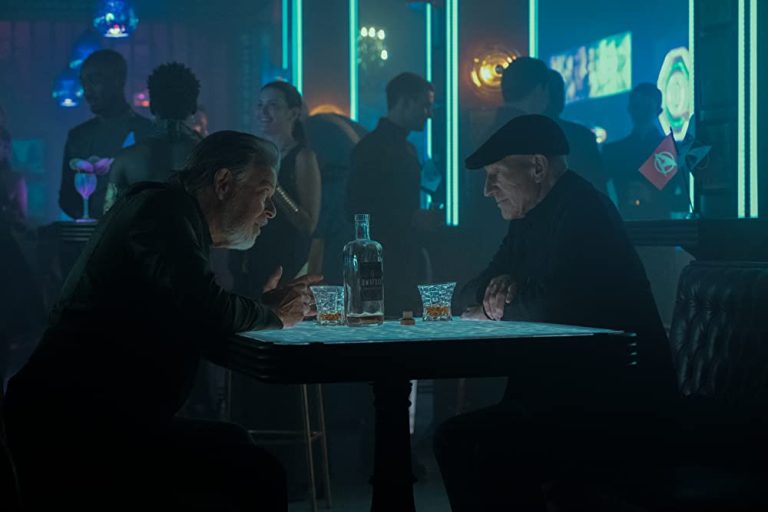“Falimy,” the recent addition to the Malayalam industry’s genre of lighthearted dysfunctional family dramas, is director Nithish Sahadev’s maiden project. With a clever spin in the spelling of the title, the director gives us a fair idea about what the film might be holding. “Falimy” is the story of a family whose members are all over the place, just like the letters in the title. It’s also a road movie, which further adds to its beauty.
Like any other dysfunctional family, here, too, we get a bunch of people who don’t get along with each other and yet are forced to live under a single roof. We learn that the grandfather, the oldest member of the family, has this lifelong dream of going to Kashi and having no faith in his family members, he keeps trying to take that journey alone. However, someone or the other sees him on his way, and he is always brought back home. But when something is bound to happen, it will happen. After a fiasco regarding an engagement gone wrong, the whole family embarks on a journey to Kashi, which is the crux of the story.
“Falimy” tells a simple story, and yet the magic lies in the way it is conveyed. A huge credit goes to the actors because the plot might have fallen flat without each of them nailing their roles. Special mention should be given to Meenaraj Palluruthy for his role as Janardhanan, the grandfather. When he cries, we feel like crying, and when his eyes light up with hope, we feel the same. The same goes for the other two older men in the film. One is Janardhanan’s disabled friend & neighbor, and the other is the Janardhanan in Varanasi who was mistakenly thought to be the grandfather. All three of these older men act with their eyes, and every emotion oozes out of the screen and tugs at your heart.
The comedy in the film works reasonably well. The daily life of a dysfunctional family where the father spends all his day drinking and sitting at home does not offer much variety, and yet it never stops being comical. Be it the younger brother Abhijith (Sandeep Pradeep) earning money with his little scheme while bringing his grandfather back home or the father Chandran (Jagadish) taking the handyman’s money and cleaning his house with his friend Chacko, the antics never stop.

“Falimy” picks up pace once the family starts the journey to Kashi. The time it takes to reach that point could have been reduced, but it does not feel that stretched because of the engaging characters. And once the family is on the train, we know that we are also in for a ride along with them. They don’t stop taking jabs at each other, even on the train, especially between the eldest son, Anoop (Basil Joseph), and his father, Chandran, whose strained relationship had been established right at the film’s beginning. The mother, played by the brilliant Manju Pillai, keeps trying to work as a mediator among them. While the train moves from one station to the other, a series of comical events take place, and this family of five is forced to complete the rest of their journey by road.
The shift from South India to the Northern part of the country has been captured beautifully. Nidhin Raj Arol deserves a special mention for the seamless editing. The plight of Malayalis in North India because of the language barrier and the generic dislike of people between the two regions have also been shown aptly. The scene at the police station is hilarious and a little tragic at the same time because it highlights the abnormal dynamics of the family in front of a complete stranger.
The music by Vishnu Vijay keeps up with the pace of the film. Be it the music when they are traveling by train or the song that shows Anoop falling in love, both go very well with what’s being shown on the screen. Just like music, silence has also been used beautifully in the film. In the scene where the big confrontation between Anoop and his father happens, there is no loud BGM to render the severity of the situation; instead, there is complete silence, which conveys the gravity of the scene in its own way.
While “Falimy” does not rely much on heavy moments to showcase the family’s dysfunctionality, the cracks are visible nonetheless. There is a Masaan-esque scene at one of the Ghats in Varanasi, and how that whole episode finally concludes shows that even the highly dysfunctional families also sometimes do have their hearts in the right place. While the film does not look at life through an unrealistically utopic lens, it doesn’t always try to manipulate your emotions. Tragedies happen here, but then this family of five deals with them together in their own quirky way, which makes the film a nice and warm watch on a cold winter night.






